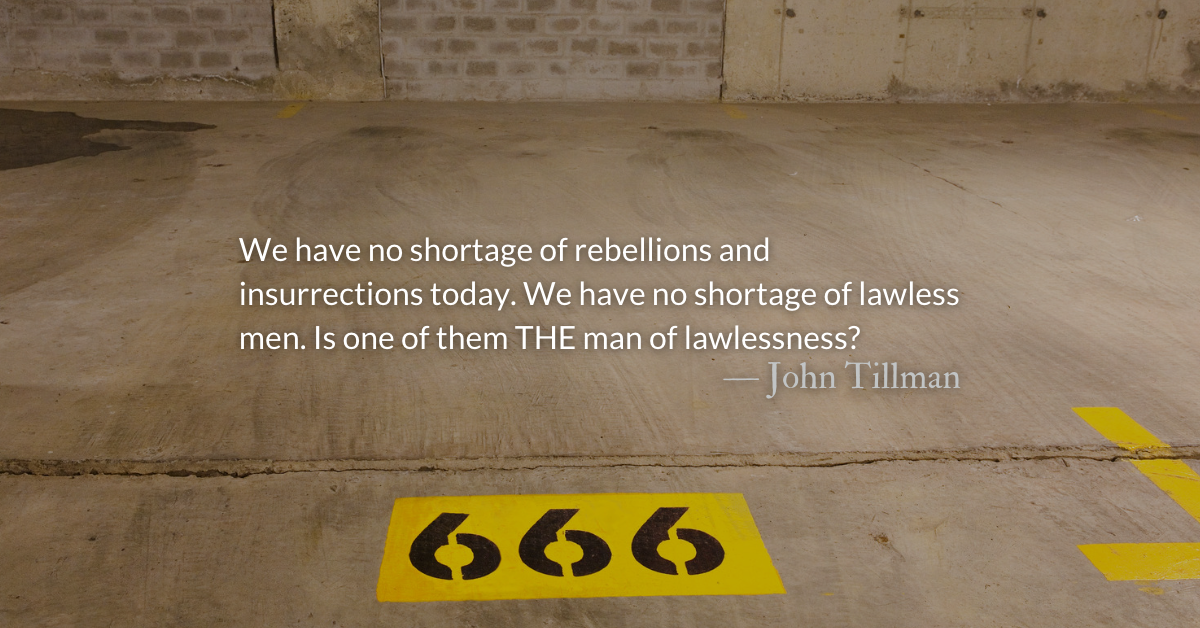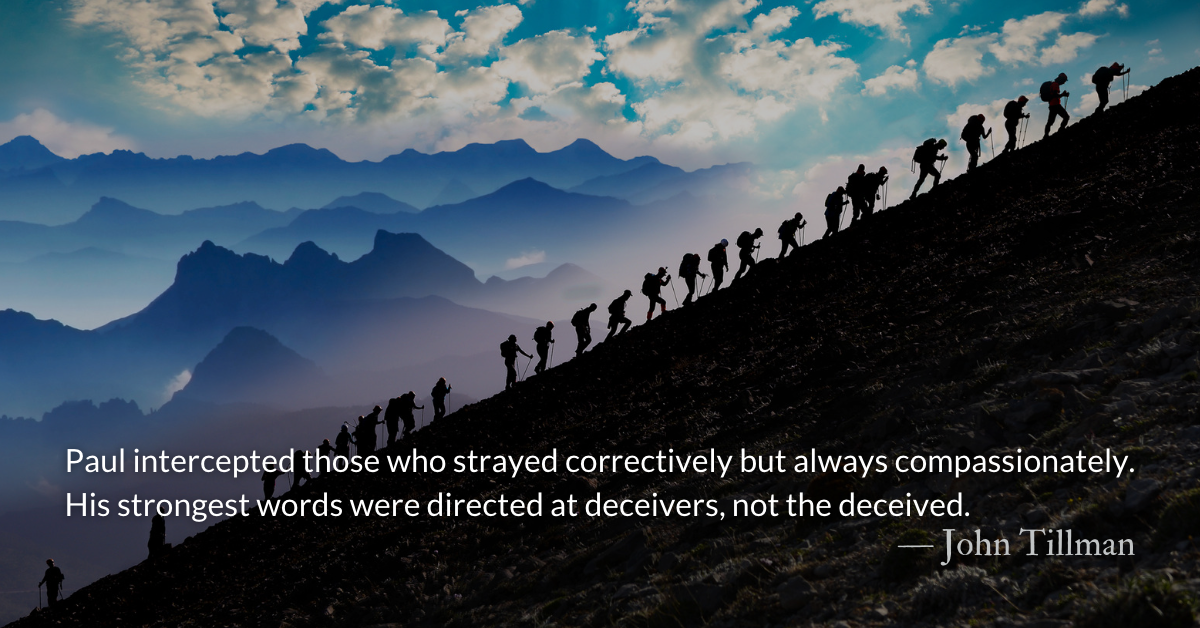Scripture Focus: 1 Corinthians 1:21-22, 25
21 For since in the wisdom of God the world through its wisdom did not know him, God was pleased through the foolishness of what was preached to save those who believe. 22 Jews demand signs and Greeks look for wisdom, 23 but we preach Christ crucified: a stumbling block to Jews and foolishness to Gentiles, 24 but to those whom God has called, both Jews and Greeks, Christ the power of God and the wisdom of God. 25 For the foolishness of God is wiser than human wisdom, and the weakness of God is stronger than human strength.
Reflection: Not in the Brochure
By Jon Polk
Expectations. We all have them. When fulfilled they can be a powerful source of excitement. When dashed, they can lead to tremendous disappointment.
Time for that family holiday to visit the amazing national park which you’ve heard so much about. You’ve studied the brochures, plotted your route and set out with great anticipation. You arrive to discover that the cabins aren’t as clean as they looked in the photos, the mosquitos are large and hungry, and you have to pay extra for firewood! This was not in the brochure!
Jews in Jesus’ day had read the prophets, their brochures describing the coming of the Messiah. Paul writes that “Jews demand signs and Greeks look for wisdom.” Jews expected a victorious Messiah, signs and wonders accompanying a conquering King with power, majesty and glory. The Greeks were sophisticated; they were concerned with the pursuit of wisdom and knowledge for its own sake.
Jesus dashed both their expectations. He did not come as a conqueror to please the Jews, nor as a philosopher to please the Gentiles. Instead, Jesus was a King who demonstrated his power through the sacrifice of his own life and his wisdom by preaching a message of selflessness and humility.
Imagine what even Jesus’ own followers might have felt seeing their beloved master, teacher and friend taken down from the cross and carried off for burial. “What just happened? Wait a minute, Jesus, this is not what we followed you for! This was not in the brochure!”
How would our life brochure read if we wrote it? It probably wouldn’t be much different than the expectations the Jews had for the Messiah. Jesus will solve all your problems. Jesus will make you happy. Jesus will defeat your enemies and those who have done you wrong. Jesus will bring roses and ponies and rainbows.
Now to be fair, Jesus does provide peace, comfort, joy, and satisfaction in life, but not always in the way we might expect. Come to Jesus and sacrifice yourself? Follow Jesus and give your life away? That’s not in our brochure.
The Christian life has a way of not turning out the way we expect. We make our plans, we have our ideas about what God should do for us, we have our own self-focused motivations, but the foolishness of God is wiser than human wisdom. We strive to provide for our own security and comfort in this life, but the weakness of God is stronger than human strength.
Thankfully, through that foolishness and weakness, we are saved from our own expectations to discover God’s higher wisdom and humble strength and we learn to live a new life, one that we may not have expected.
Divine Hours Prayer: The Request for Presence
Bow down your ear, O Lord, and answer me, for I am poor and in misery.
Keep watch over my life, for I am faithful; save your servant who puts his trust in you. — Psalm 86.1-2
– From The Divine Hours: Prayers for Springtime by Phyllis Tickle.
Today’s Readings
Numbers 27 (Listen 3:08)
1 Corinthians 1 (Listen 4:03)
Read more about A Path Into Darkness
Luke 22 is a turning point…A path into darkness and death…And not just of Jesus. Many of the disciples’ expectations and trusted truths would die.
Read more about Crucified, By Nature
To preach a crucified Christ is to proclaim a King whose very nature is wrapped up in sacrifice.











